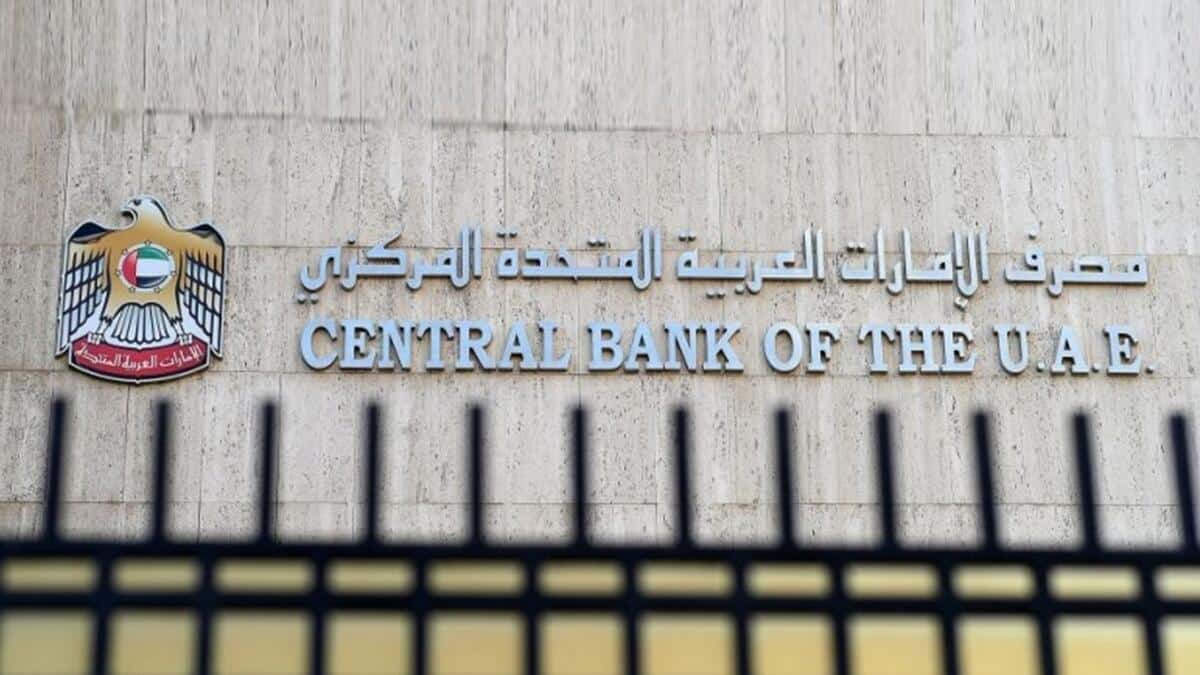Starting with the UAE, the GCC will soon witness the launch of Instant Payments, a revolutionary feature of the payments landscape in more than 50 countries worldwide.
With their 24/7/365 “always-on” availability, Instant Payments bring speed and convenience for funds transfer, along with transparency, certainty, and precision. In these ways, they address the needs of customers and businesses and comply with the expectations of the next generation.
The UAE Instant Payments Platform (IPP) is set to go live in Q4 2022, with participation mandatory for all banks and financial institutions in the country.

Craig Ramsey, Global Head Real-Time Payments at ACI Worldwide, a leading global provider of real-time digital payment software, told TRENDS that ACI is collaborating with national banks to connect to the UAE’s real-time payments scheme. This scheme aims to modernize the country’s payments infrastructure, provide best-in-class payments services, and promote financial inclusion.
He explained that the scheme ensures the move from a closed-loop non-standard system to an interoperable real-time payment ecosystem connecting financial institutions. Consequently, a core service of the IPP scheme will be the processing and settlement of real-time and batch payments in the form of credit transfer and direct debit.
The scheme would also offer overlay services like Request to Pay, eDDA, and e-cheque services, built on top of the new instant payment rails.
“The platform will simplify payments for the end-user; in the future, consumers, for example, will be able to make secured payments, without disclosing sensitive payment details, by using a payment alias like mobile number, email ID, or national ID,” he continued.
UAE real-time payments aspects
The Central Bank of the UAE has eight payments schemes under the UAE Fund Transfer Systems (UAEFTS) umbrella.
The UAE’s Immediate Payments Instructions (IPI) scheme is available eight hours a day, five days a week, facilitating immediate payments instructions with an SLA of up to two days. However, only card schemes offer 24 x 7 x 365 convenience of payments, and these too are limited to Person-to-Marchant (P2M) purpose only. As a result, the country now lacks a real-time payment mechanism that facilitates payments for person-to-person and government-to-person transactions 24 hours a day, seven days a week.
To address this, the Central Bank has decided to launch a best-in-class real-time payments scheme called the Instant Payment Platform (IPP) as part of its National Payment Systems Strategy.
Importance of real-time payments in UAE finance
According to Ramsey, being part of the IPP scheme will allow banks to leverage real-time payments to target new customer segments, offer differentiated services to end consumers and merchants, and drive revenue through new use cases. In addition, a domestic real-time payment scheme would also open doors for cross-border interoperability with other countries.
Ramsey added that an interoperable domestic real-time payment scheme would simplify mobile-based payments and ensure payments are made instantly, unlocking P2P, C2B, B2B, and G2C use cases.
He went on to say that the UAE has the strongest merchant adoption in the region, and the new real-time payment scheme can build on this momentum and offer innovative, affordable payment acceptance solutions to merchants and businesses, thereby strengthening the acceptance infrastructure in the country.
The UAE has the strongest merchant adoption in the region, and the new real-time payment scheme can build on this momentum and offer innovative, affordable payment acceptance solutions to merchants and businesses, thereby strengthening the acceptance infrastructure in the country, says Craig Ramsey, Global Head Real-Time Payments at ACI Worldwide
Moreover, by enabling the introduction of several overlay services like Request to Pay, IPP can offer new modes of payment acceptance to businesses that would lower their overall costs while reducing fraud and disputes.
In the initial stages of its rollout, the Central Bank will promote the scheme to serve as a Special Purpose Vehicle (SPV) for payment services for banks, exchange houses, Payment Services Providers (PSPs), digital wallet providers, and government ministries.
“The IPP will be a significant step towards making the UAE a cashless economy while promoting financial inclusion and increasing financial stability in UAE,” he added.
Risks and Challenges
Dealing with legacy systems, cash-centric economies, the rise of new digital entrants, and, in some cases, a branch-focused client experience are all challenges that banks in the region may face while deploying Instant Payments systems.
Ramsey stated that banks must be prepared to process hundreds of real-time payments every second, securely, and 24 hours a day, seven days a week.
“Connecting to the real-time scheme takes more than just being able to support the new data standards. Banks need robust and reliable systems to gain customer confidence; notifications and tracking systems to keep customers informed about the status of their payments; fraud prevention systems to ensure payments are processed securely; and even solutions that can protect the core banking system from 24×7 operation, continuous changes and the innovation that inevitably arises from the new scheme”.
In the initial stages of its rollout, the Central Bank will promote the scheme to serve as a Special Purpose Vehicle (SPV) for payment services for banks, exchange houses, Payment Services Providers (PSPs), digital wallet providers, and government ministries.
“Banks should think beyond simple connectivity to the scheme and go further by focusing on innovative uses cases that enhance customer experiences while also helping build new revenue streams,” he added.
Furthermore, it is essential that the first users of the system must have a good and secure customer experience. Therefore, considerations must be given to ensure that the system is available when customers want to use it and that payments are transacted securely.
Failure to achieve these points will decrease customer confidence and reduce customer adoption.
In addition, the central bank should coordinate adequate fraud protection for all participants in payments. SLAs for participants should be established as to when they should be available, with the possibility of publicly naming banks that fail to provide a solid service to clients.
Finally, raising customer awareness of the new scheme and providing customer intelligence to help combat ‘new system fraud attacks’ where criminals exploit the lack of public awareness of the new system.
Expectations from the new system

To achieve the key objectives of the NPSS, the UAE Central Bank will establish a future-ready, fully equipped Special Purpose Vehicle (SPV) or fully owned subsidiary to take on responsibility for the build and operation of the financial market infrastructure (FMI).
Ramsey explained that the SPV would be the leading payments entity in the country and would develop and operate best-in-class payments infrastructure, solutions, and standards for the benefit of the UAE.
The details of the vision, mission, and strategic objectives of the SPV are described below:
- Build Futuristic capabilities: The SPV would ensure the implementation of state-of-the-art innovative use cases and services, putting the UAE on par with leading countries in payments innovations. The SPV would also ensure research, suitable partnerships, and collaborations to continuously improve services by leveraging the latest technology trends such as automation and analytics.
- Implement interoperable FMI with superior customer experience: The FMIs will be designed to support interoperability and ensure the end products/services developed would offer superior customer experience. The interoperability of FMIs is a key success factor in ensuring higher adoption and customer satisfaction.
- Improve financial inclusion and reduce dependency on cash: The future-state FMIs will facilitate and increase the growth of electronic payment instruments in UAE using innovative solutions; thus, reducing the reliance on paper instruments (i.e., cash and cheques). The future-state FMIs will also improve financial inclusion and foster economic development by making payments more efficient and convenient and bringing economic activities within the banking sphere, thereby reducing the size of the shadow economy.
- Ensure financial stability: The future-state FMIs will ensure financial stability in the country by offering robust, resilient, effective, and efficient technology architecture. The quality of standards, processes, and practices will be best-in-class to ensure mitigation of critical business risks
- Ensure FMI compliance with international standards: The future-state FMIs will be world-class and will be compliant to international standards, including (but not limited to) Principles for Financial Market Infrastructures (PFMI), ISO 27001 for Information security, and ISO 20022 messaging formats.








